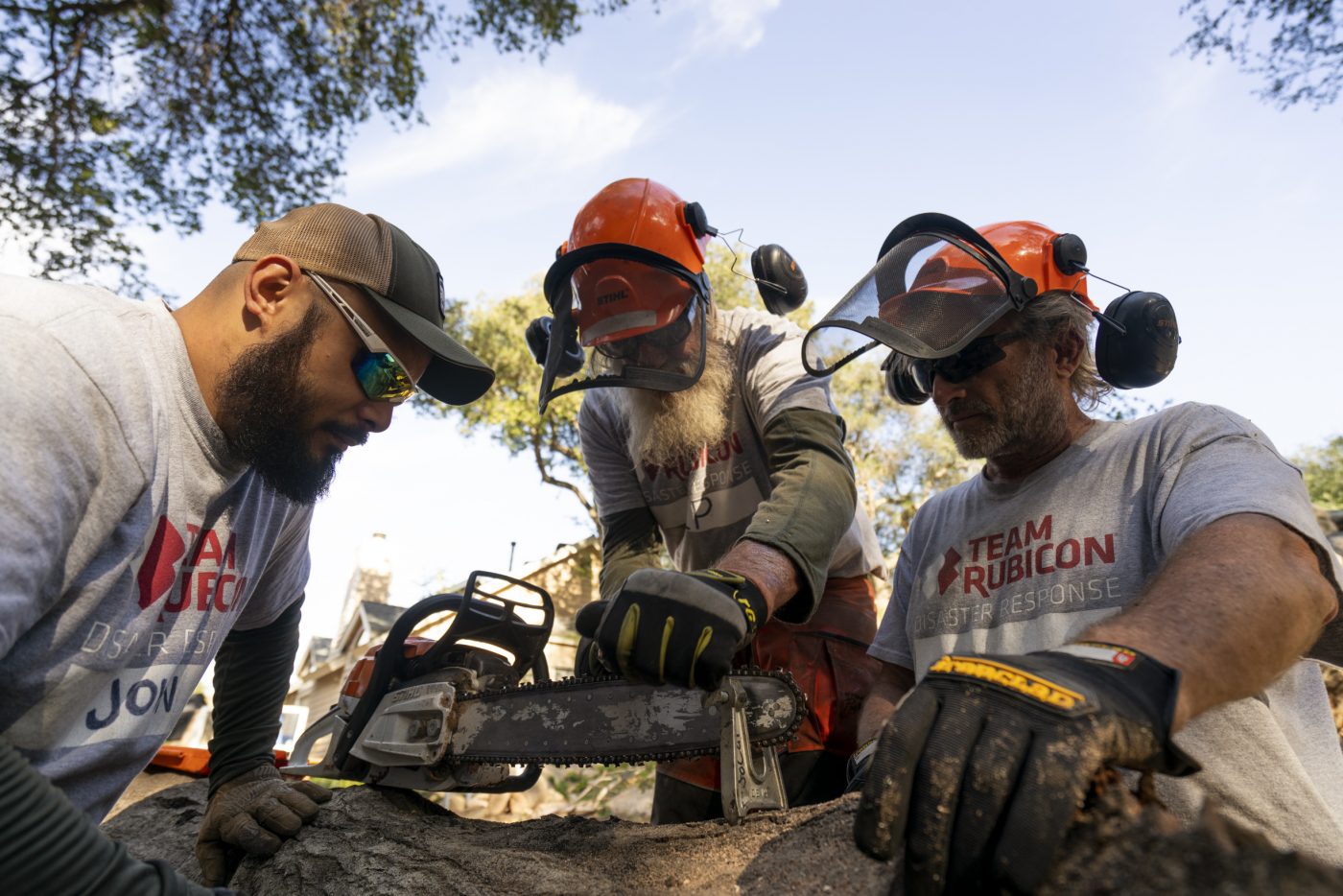I was given the opportunity to present to this company’s partner’s CEO, a retired general. I rehearsed and refined my presentation for days, asking for proofreads, triple checking my slides, and asking for feedback from my peers. My preparations extended to reading every article I could find on the company, I even picked out my outfits with some level of wishful GQ. If I remember correctly, I even polished my shoes.

The presentation day arrived, my of the travel coordination was to pick up the rental car and make sure we were on time at the right locations. We arrived and I picked up our airport rental car.
Directions and destination at the ready, I was our driver for the next 24 hrs. The presentation went as planned. We had a thoughtful and detailed discussion about my findings and the related opportunities and received a well done. I felt like I had ‘earned my Team Rubicon grey shirt” that day. Everyone has a role and today my role was to share the impact of what we do in the field and how that positively impacts the well-being of each volunteer. We were de-briefing on the hurried drive to the airport because our CEO had to hop an earlier flight. Suddenly, the car goes silent.
There are plenty of lessons to be learned from this folly but the simplest is probably the most important. Be proficient in the basics.
This lesson can be applied in a multitude of arenas for the disaster responder, the humanitarian, or the knowledge worker supporting those in the field.

Basics: Understand skills and limitations. When the call goes out and the entire standing army of volunteers is mobilized, the Operations Center in Dallas becomes the clearinghouse for assigning people to work. We observed this during every major operation when we’d pull in teammates to help with mobilization and logistics. By taking a pause to ensure people are qualified to do the task at hand, we set the conditions for success. If they are not qualified, where can they provide value? There is always really hard work to be done, we just have to prioritize assigning the right person to the right role.
Basics: Set expectations upfront. Ensuring teammates are prepared before heading out. I remember when our VP of Operations would brief each teammate before they set off on an operation. He was clear with his expectations. This upfront investment laid the foundation for high impact contributions.
As I reflect on my small contributions to being part of building the best disaster response organization in the world – a monumental, complex, and dynamic goal — it is a lesson I hope I can remember. Be proficient in the basics, especially when driving your executives to their next flight.



